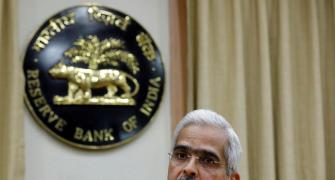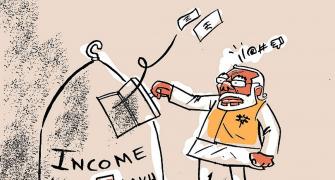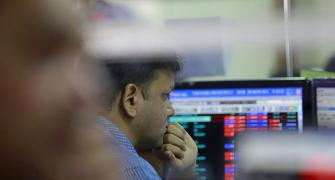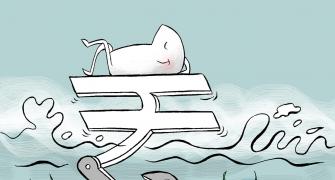Das said supply chain disruptions on account of COVID-19 persist, with implications for both food and non-food prices.
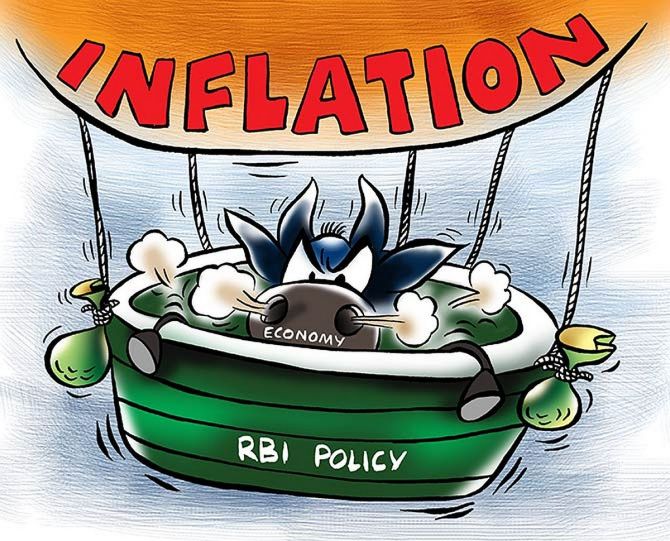
Reserve Bank of India (RBI) Governor Shaktikanta Das on Thursday said the country's headline inflation is expected to remain elevated during the second quarter of the current fiscal year and may subside thereafter.
Domestic food inflation remains elevated across most economies since the onset of the pandemic, Das said in his statement while unveiling the central bank's bi-monthly monetary policy review.
Supply chain disruptions on account of COVID-19 persist, with implications for both food and non-food prices, as per RBI's Monetary Policy Statement, 2020-21.
"Volatility in financial markets and rising asset prices also pose upside risks to the outlook.
“Taking into consideration all these factors, headline inflation may remain elevated in Q2:2020-21, but may moderate in H2:2020-21 aided by large favourable base effects," it said.
Keeping the key repo rate unchanged at 4 per cent in Reserve Bank's bi-monthly policy review, RBI Governor Das said the decision on repo has been taken while "ensuring inflation remains within the target".
Das, however, did not give any range on inflation expectations.
RBI has set the medium-term target for consumer price index (CPI) inflation or retail inflation of 4 per cent within a band of +/- 2 per cent, while supporting growth.
"A more favourable food inflation outlook may emerge as the bumper rabi harvest eases prices of cereals, especially if open market sales and public distribution offtake are expanded on the back of significantly higher procurement," as per the policy review by the six-member Monetary Policy Committee (MPC) of the RBI.
Nonetheless, upside risks to food prices remain, he said, adding that the abatement of price pressure in key vegetables is delayed and remains contingent upon normalisation of supplies. Protein-based food items could also emerge as a pressure point.
Higher domestic taxes on petroleum products have resulted in elevated domestic pump prices and will impart broad-based cost push pressures going forward, Das said further.
The MPC noted that in an environment of unprecedented stress, supporting recovery of the economy assumes primacy in the conduct of monetary policy.
While the space for further monetary policy action is available, it is important to use it judiciously to maximise the beneficial effects for underlying economic activity, it said.
"At the same time, the MPC is conscious of its medium term inflation target...Given the uncertainty surrounding the inflation outlook and extremely weak state of the economy in the midst of an unprecedented shock from the ongoing pandemic, the MPC decided to keep the policy rate on hold, while remaining watchful for a durable reduction in inflation to use available space to support the revival of the economy," Das said.
All the six MPC members voted unanimously for keeping the policy repo rate unchanged and continue with the accommodative stance as long as necessary to revive growth and mitigate the impact of COVID-19 on the economy, while ensuring that inflation remains within the target going forward, RBI said.
The RBI takes into account retail inflation as a key input while arriving on its monetary policy decisions every two months.
In the previous policy review in May, RBI had expected that favourable base effects, among others factors, may pull down headline inflation below target in Q3 and Q4 of 2020-21.

